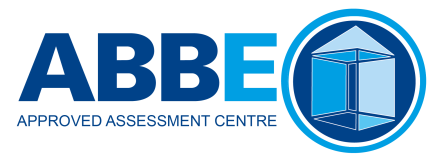What course should I choose to meet requirements under the RRO (Regulatory Reform (Fire) Safety Order)?
By answering the questions below, you will know if your organisation is operating a risk assessment approach to Fire Safety in line with fire legislation, and which courses would be most appropriate for you.
Do you have a nominated person(s) responsible for fire safety?
If yes - are they competent and qualified?
Courses available:
Fire Risk Assessor Course (5 day)
Fire Manager Course (9 day)
Conversion to Fire Manager Course (5 day)
Fire Manager Advanced Course (5 day & project)
Fire Risk Assessor Mentoring
If no - nominate and train a responsible person.
Courses available:
Fire Risk Assessor
Fire Manager
Fire Manager Advanced Course (5 day & project)
Have you appointed fire wardens and deputies, and are they trained?
If yes - suggest refresher training every 1-3 years.
Fire Warden
If no - nominate wardens and deputies.
Courses available:
Fire Warden
Have your workforce received fire training and are they competent to use fire extinguishers?
If yes - repeat training every 1-2 years.
Fire Extinguisher & Awareness
If no - course available:
Fire Extinguisher & Awareness
Do you need more information on particular courses outlined?
Please call us on 01925 211488 or email: info@vulcanfiretraining.co.uk
Do you need advice or guidance on your obligations as an employer regarding fire legislation?
Please call us on 01925 211488 or email: info@vulcanfiretraining.co.uk



